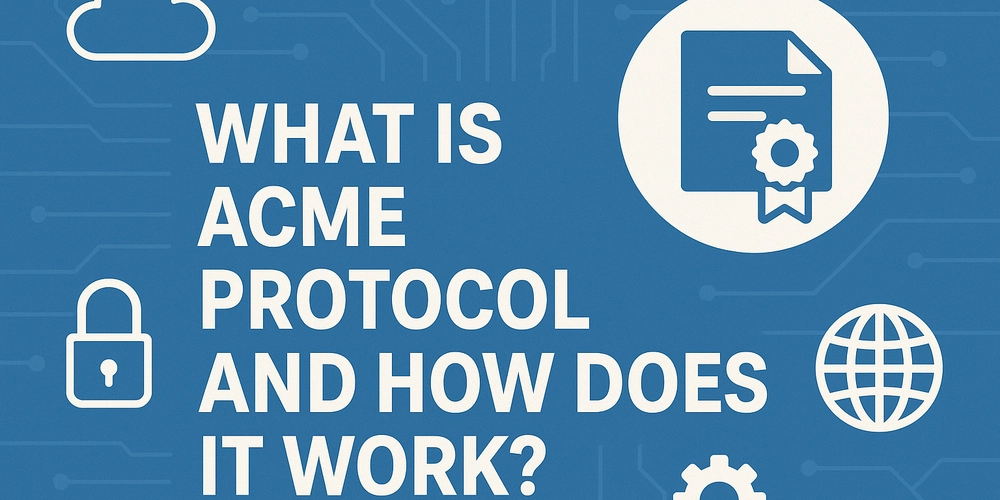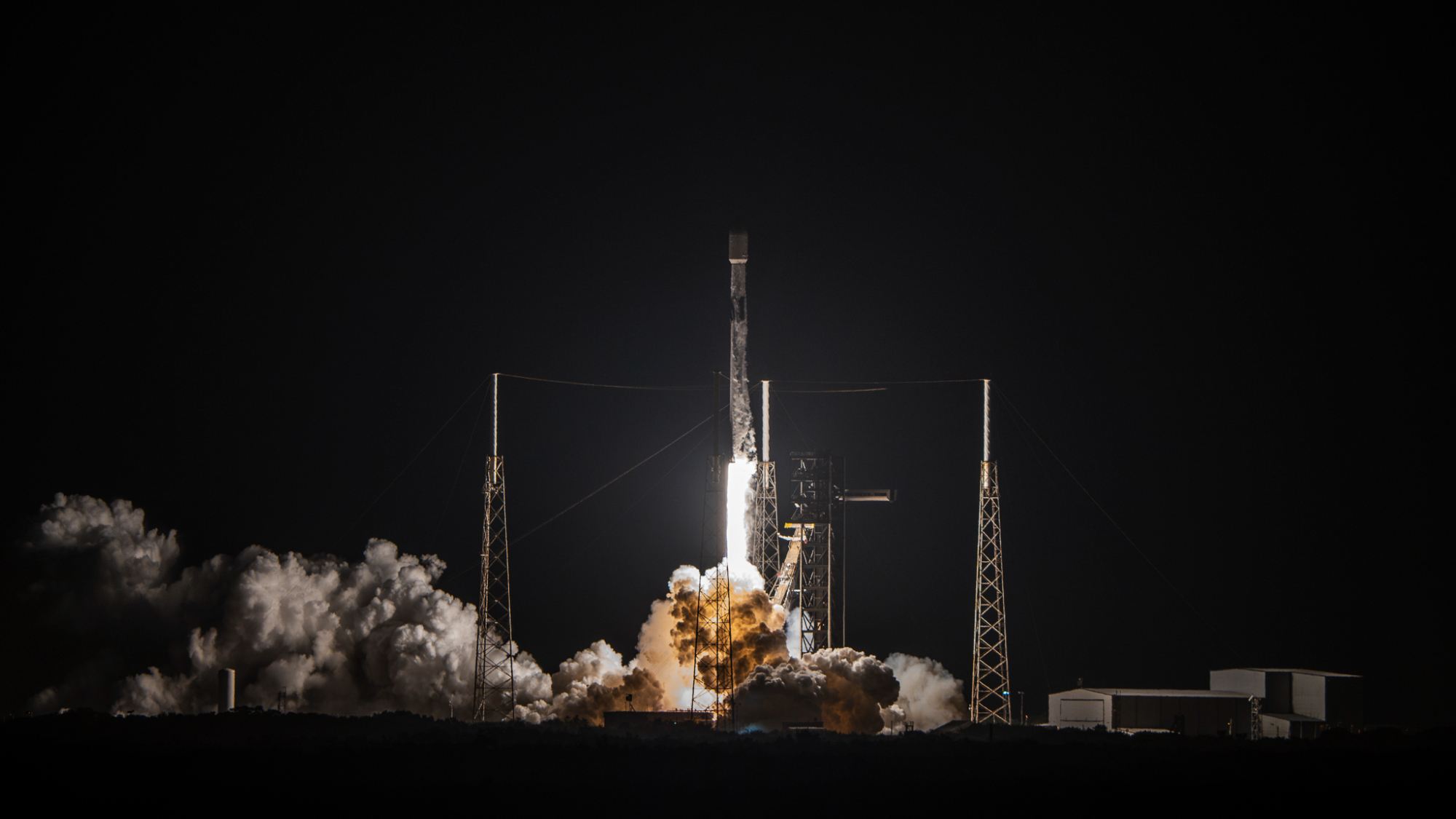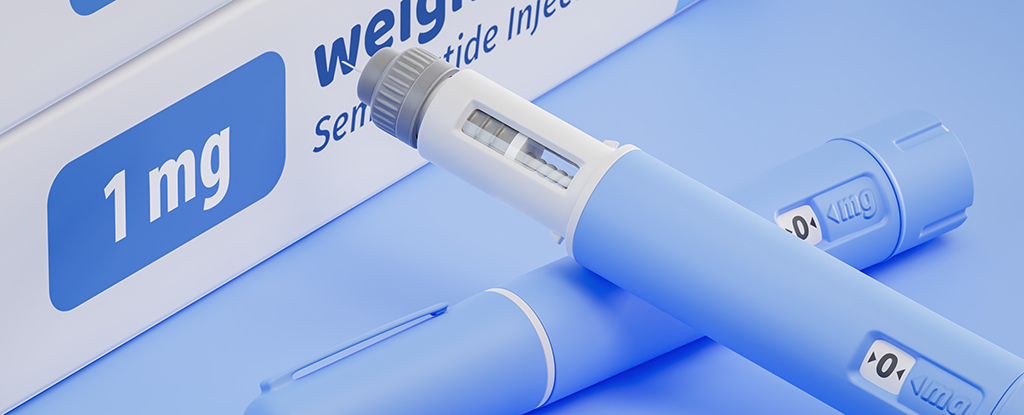Egg companies are getting government bailouts while price-gouging consumers
Egg producers are getting millions in taxpayer-funded relief payments while gouging consumers with record-high egg prices.

Egg prices reached another record high last month. It now costs American shoppers an average of $6.23 for a dozen eggs — nearly a five-fold increase since 2020.
Yet while families have been squeezed by grocery sticker shock, agriculture corporations have been raking in record profits. Cal-Maine, the country’s largest egg producer, took in $509 million this quarter alone, tripling its profits from a year ago.
Gouging consumers is bad enough. But it gets worse: Cal-Maine and other ag companies were breaking the bank at the same time they were also quietly getting millions in taxpayer-funded relief payments from the federal government. Congress and the Trump administration must put a stop to this: No company that is getting corporate subsidies should be allowed to hike prices and extract windfall profits from American consumers.
Exorbitant egg prices have ostensibly been caused by repeated avian flu outbreaks in recent years. Or at least that’s the industry’s story. As the advocacy organization Farm Action explained in a letter to the Federal Trade Commission, over the last two years, some 115 million egg-laying chickens have been culled in response to avian flu outbreaks — a tragically large loss of animal life, but a relative drop in the bucket in the grand scheme of the country’s poultry industry. Even after this reduction in the country’s chicken supply, monthly egg production only dipped about 4 percent.
This relatively modest decrease in egg supply shouldn’t have led to the exorbitant prices confronting consumers at the supermarket. Yet egg producers have used avian flu as an opportunity to massively pad their profit margins. As Farm Action’s letter put it, “dominant egg producers — particularly Cal-Maine Foods — have leveraged the crisis to raise prices, amass record profits, and consolidate market power.” The Department of Justice is now investigating Cal-Maine for alleged price fixing.
While big agricultural companies are ripping off consumers with one hand, they are taking taxpayer-funded bailouts with the other. The U.S. Department of Agriculture gave Cal-Maine $22 million in avian flu relief last year, and gave millions more to other major egg producers. Under an indemnity program, the department provides monetary relief to compensate farms that destroy animals in response to disease outbreaks like avian flu. USDA has made around $1 billion in such payments to agricultural producers since 2022.
If taxpayers are going to subsidize egg producers contending with avian flu, then the least those companies could do in exchange is adhere to normal pricing. But if producers can’t be trusted to abstain from profiteering, then the government should mandate fair prices in exchange for federal relief money.
Indemnity payments should be conditioned on recipient producers charging prices equal to their actual costs, plus a profit margin based on the industry’s typical historical levels before the onset of avian flu.
The Trump administration could unilaterally adopt this policy to protect consumers. Under current law, Secretary of Agriculture Brooke Rollins may adopt any regulation she deems necessary to carry out the Department’s avian flu compensation program. Secretary Rollins could accordingly add mandatory fair pricing as a condition of payment for producers receiving indemnity funds.
This would be particularly appropriate given that the Secretary recently made the program even more generous by more than doubling the rate of payment to producers under the program. Moreover, no-strings-attached federal bailouts may even be propagating avian flu by diminishing the incentives companies have to adopt safer, more biosecure production practices.
Alternatively, Congress could force the administration to guarantee a fair deal for consumers and taxpayers. Whether in standalone legislation or this year’s farm bill, Congress could require fair pricing as a condition for payments to producers under the law.
More generally, Congress should enact a national prohibition on price-gouging. As I explain in a recent report, there is currently a limited federal price-gouging ban under the Defense Production Act of 1950, which both presidents Trump and Biden used to prosecute retailers who hoarded and overcharged for masks and other personal protective equipment during the COVID-19 pandemic.
With the Defense Production Act up for reauthorization this year, Congress should strengthen this price-gouging ban to prohibit companies from profiteering by charging unfairly excessive prices for products affected by pathogenic disease like avian flu or other similar supply constraints.
For much of the twentieth century, the government routinely intervened to protect consumers from high prices and inflation. When inflation largely abated from the 1980s through 2020, we lost that policy muscle. However, now that we have returned to an era of affordability crises, supply shocks, and sellers’ pricing power, policymakers must relearn how to combat unfair pricing. Cracking down on overcharging by agricultural giants taking taxpayer handouts would be a good place to start.
Joel Dodge is the Director of Industrial Policy and Economic Security at the Vanderbilt Policy Accelerator. He published a recent report on the Defense Production Act as an anti-inflation law.
















































































